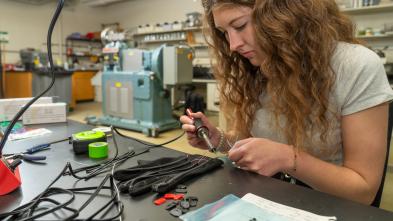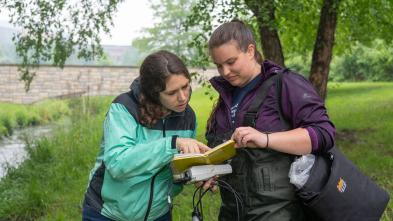Featured Image
For the media

Title
Couple establishes new research grant for student research in CSD
Authored on
Couple establishes new research grant for student research in CSD
Published on:


